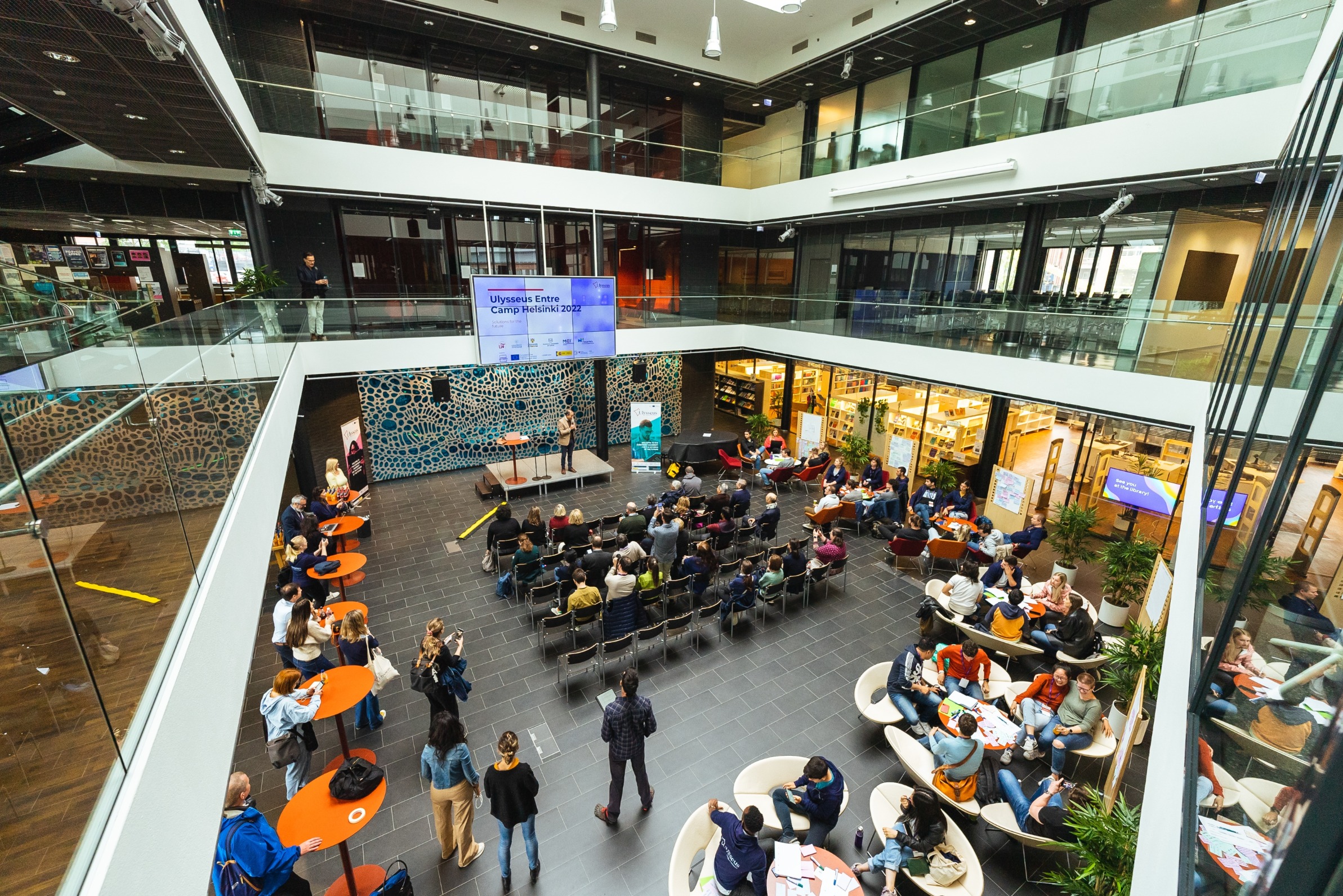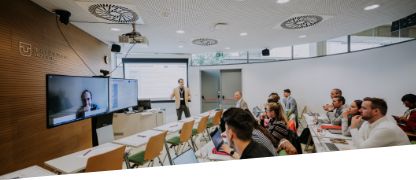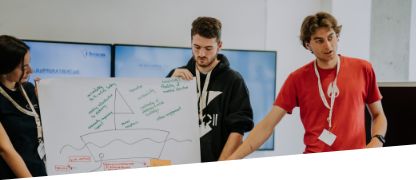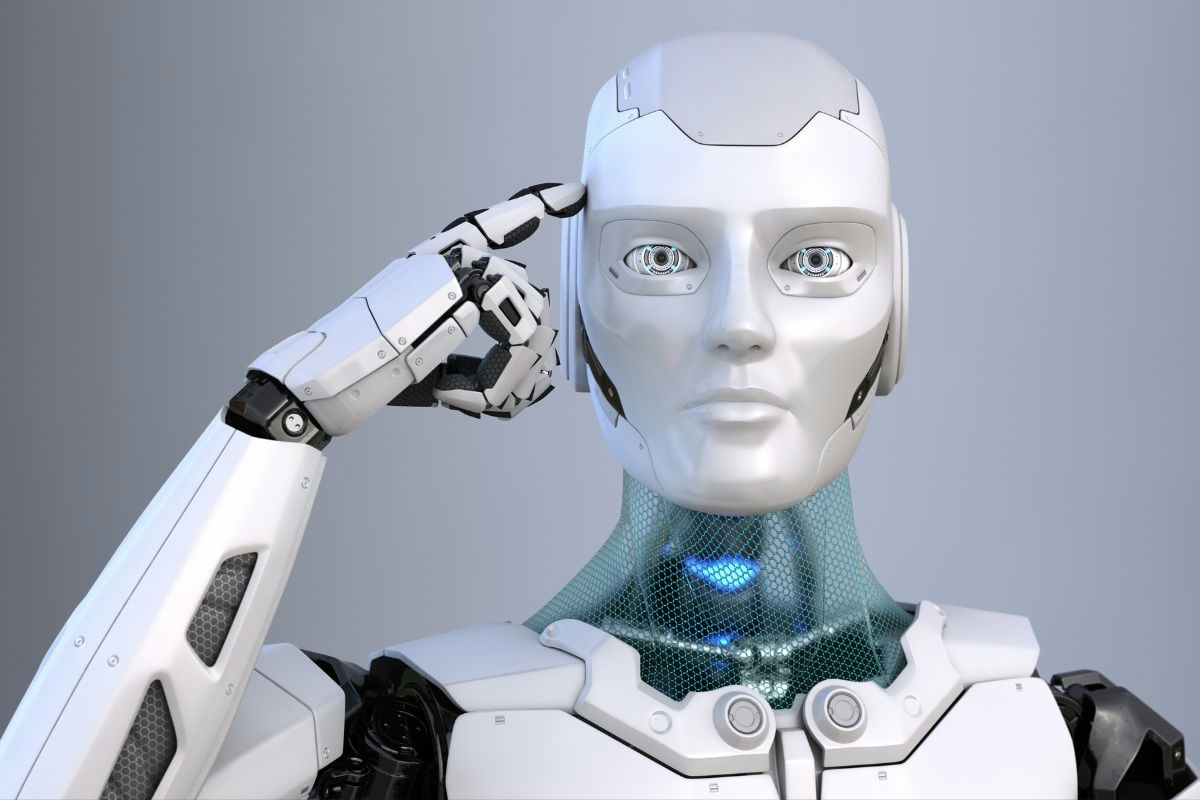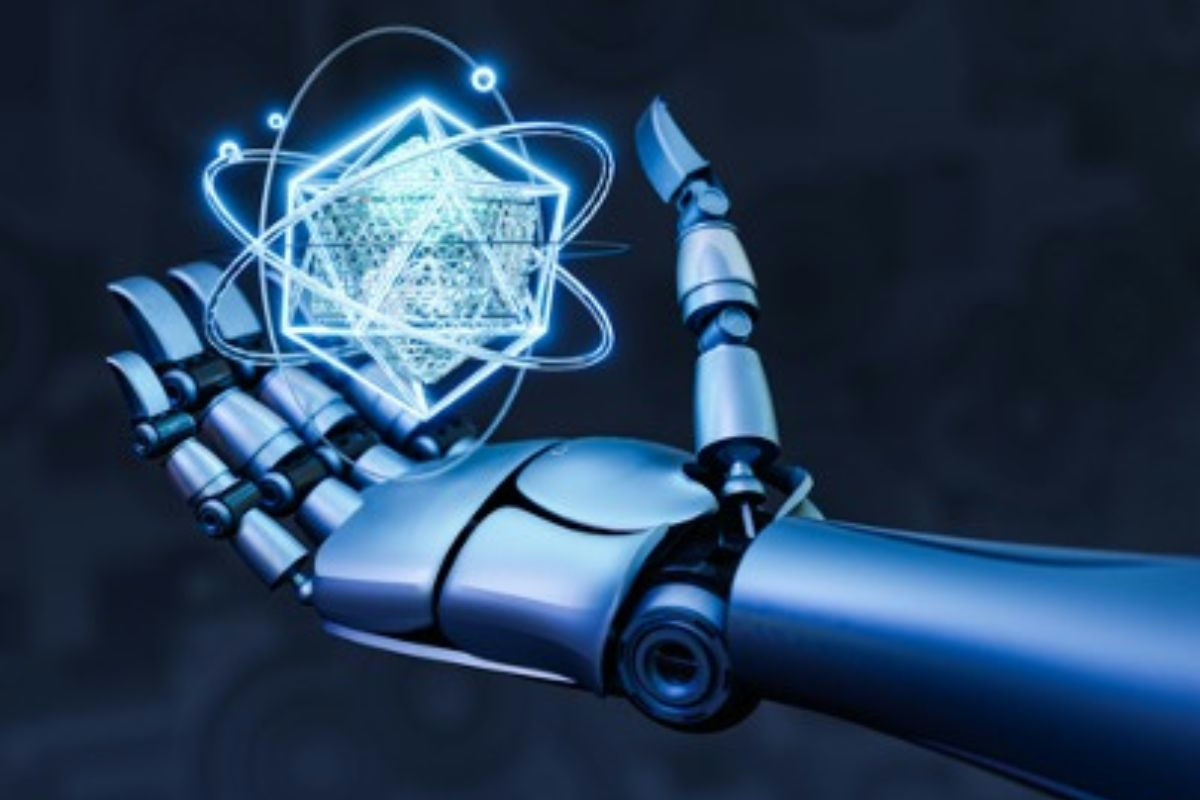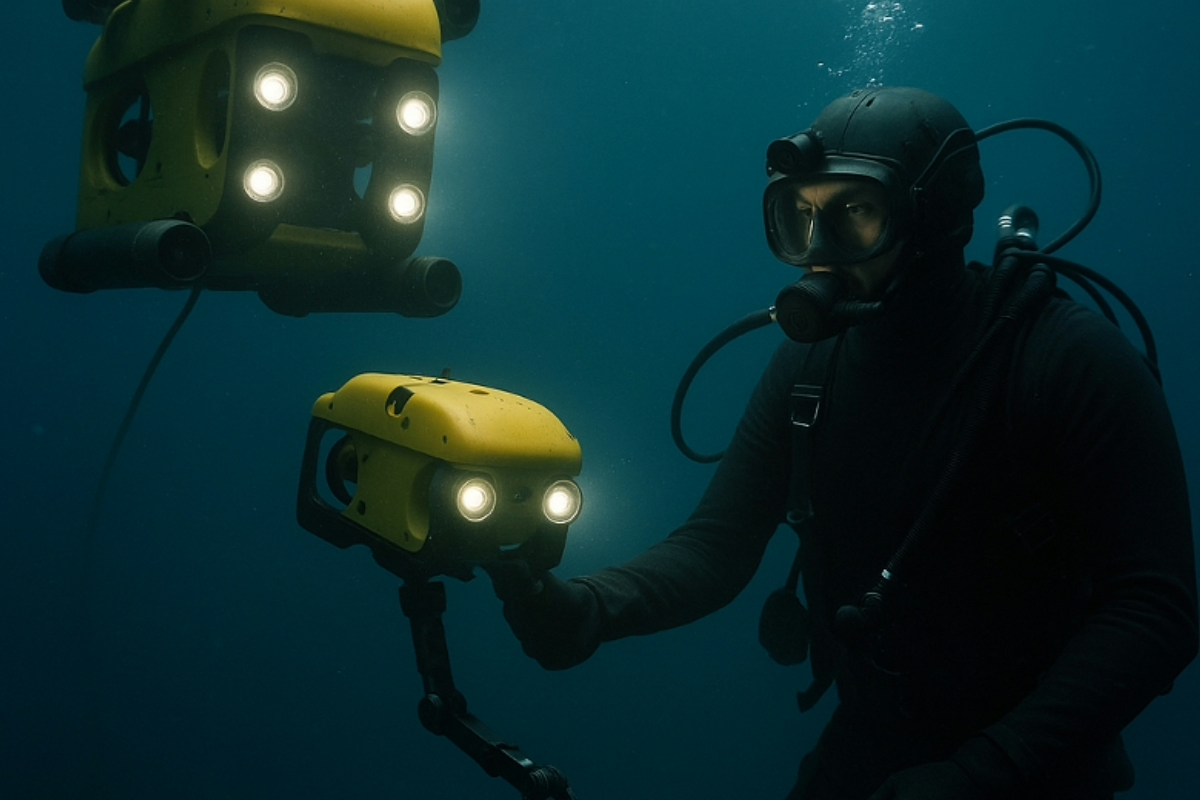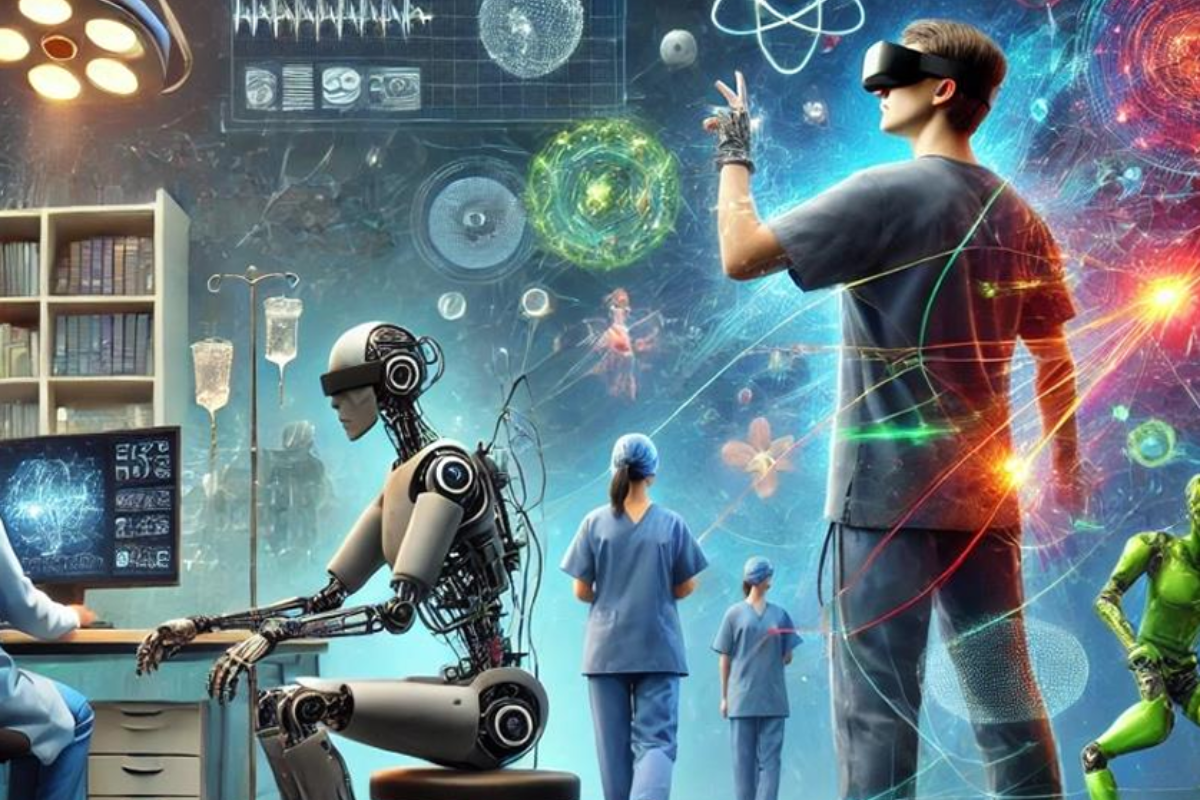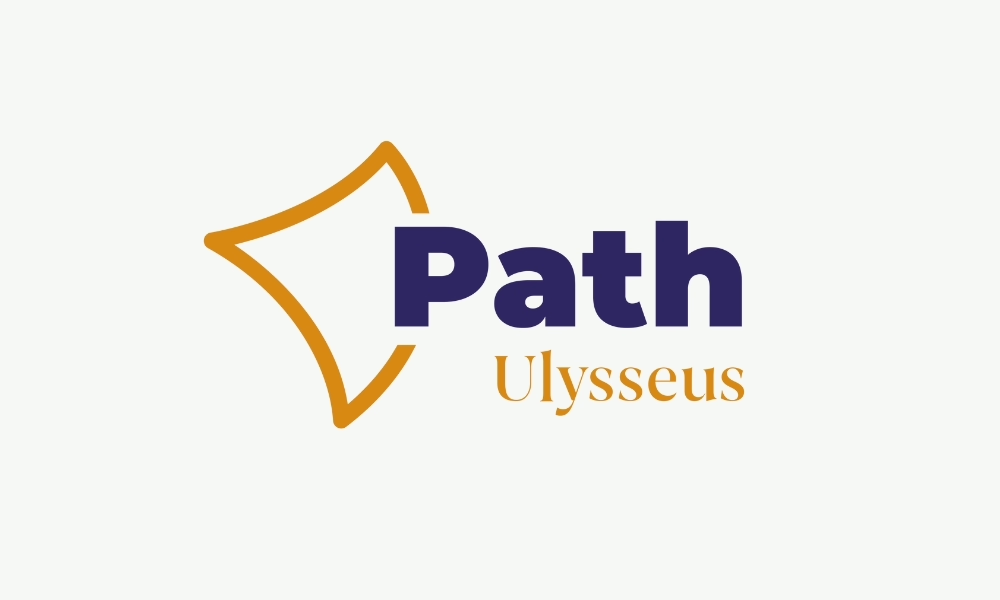Innovation Hub of Robotics
This hub leverages robotics-related research and training in: the automation of industrial sectors; smart cities and communities; the health sector and the associated demographical challenges; tourism and cultural heritage; building and construction; logistics and mobility.
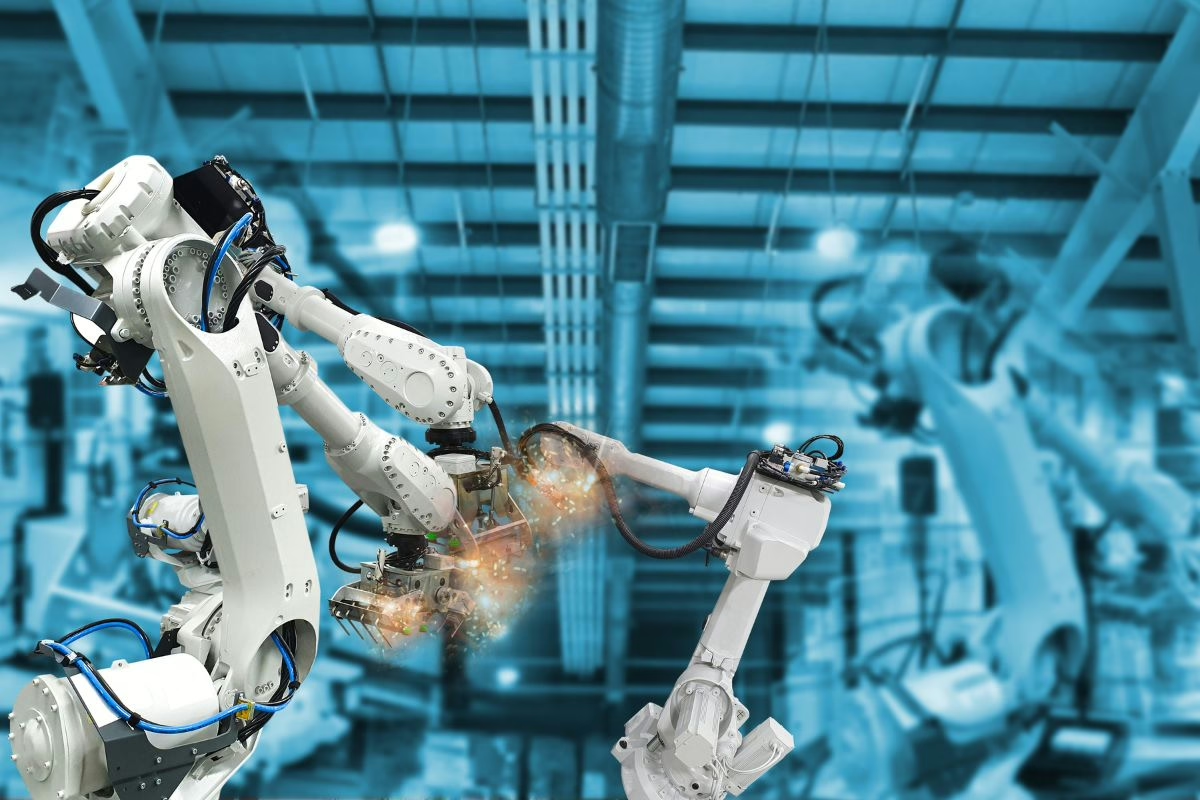
About this hub
The Robotics Innovation Hub is based at the University of Genoa (Italy).
UniGe and the whole Ulysseus consortium will leverage Robotics-related research and training in: the automation of industrial sectors; smart cities and communities; the health sector and the associated demographical challenges; tourism and cultural heritage; building and construction; logistics and mobility.
A specific key role is given to human-centric approaches to design and build technologies around human needs. This will, in turn, target aspects related to process optimisation, green economy, sustainability, and manufacturing/ demanufacturing, as well as construction.
Thematic areas
The Innovation Hub in Robotics adopts the Kendall Square model to organize a distributed, territory-oriented innovation ecosystem where different types of actors interact to design novel Robotics-based solutions to open, global challenges, and to accelerate their wide adoption in international settings.
The rapid, exponential evolution of Robotics and other Artificial Intelligence powered technologies is expected to pervade all aspects of our future everyday life. The pace at which the society as a whole will adopt the outcomes of such technologies will be accelerating over time. Therefore, it is necessary to integrate education-oriented activities with innovation via novel forms of entrepreneurship mindset, which are informed by deep knowledge and domain expertise.
IH Robotics adopts a flow model coordinating existing activities on the territory and establishing missing links when needed between all the involved actors, to structure an underlying ecosystem able to leverage mutual, fluid synergies.
Keywords: Robotics, Artificial Intelligence, Human-Machine Interaction, Automation Robotics Autonomous robots Cognitive robotics Computer and information science Internet of things, innovation management

Objectives
Robotics and the associated fields of Artificial Intelligence, Human-Machine Interaction, and Automation, are considered as key enabling technologies for tackling societal challenges, facilitating the long-term sustainable development of local communities. UniGe and the whole Ulysseus consortium leverages Robotics-related research and training in: the automation of industrial sectors; smart cities and communities; the health sector and the associated demographical challenges; tourism and cultural heritage; building and construction; logistics and mobility.
At a transversal level, the Innovation Hub addresses:
- the acceptability and inclusiveness of different methodologies and technologies;
- knowledge transfer, and the marketability of methods and results;
- the replicability, scalability, and adoption of different solutions.
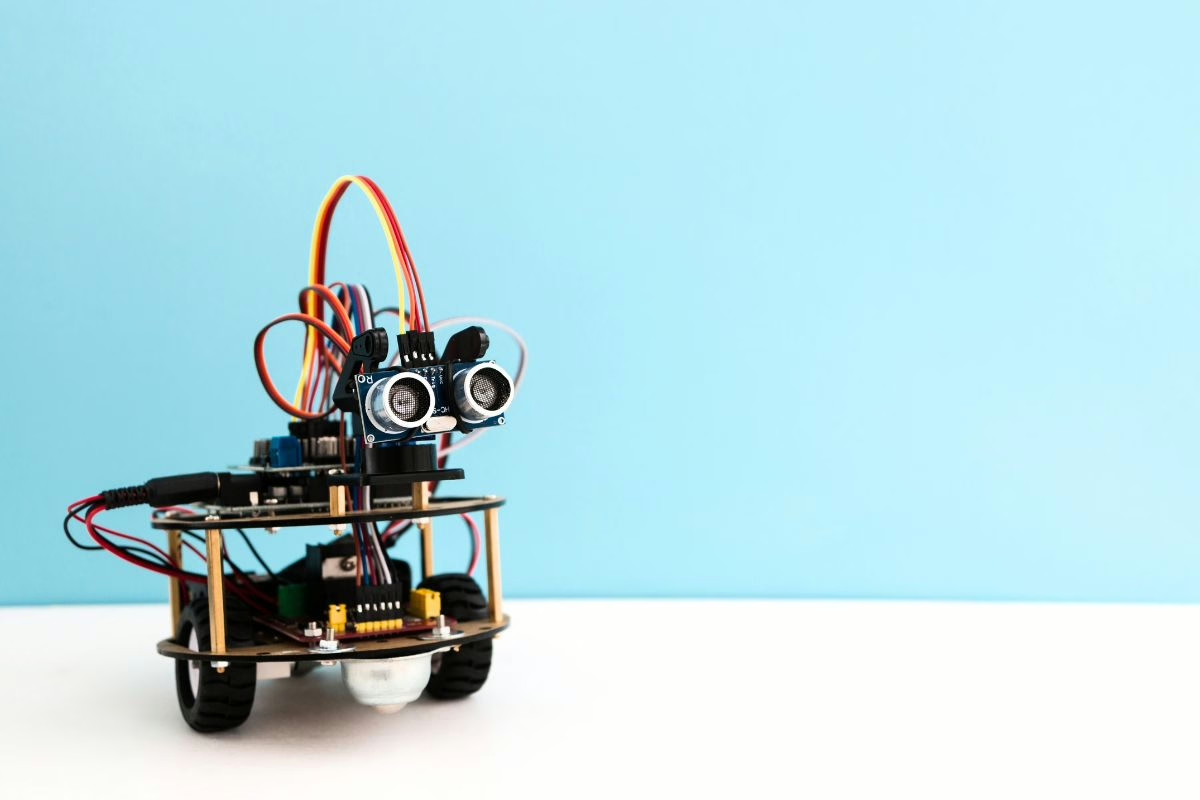
Existing facilities & resources
In order to develop it in an organic and ecosystem- like fashion, UniGe is involved in a number of flagship projects, such as the creation of an ad-hoc innovation ecosystem (i.e., RAISE, which stands for “Robotics and AI for Social Empowerment”) aiming at transferring know-how to regional strategic sectors and doctoral programmes with the aim of both advancing research in Robotics and mentoring future experts.
In order to fosters collaboration and knowledge exchange, some of the key players are engaged in the Innovation Hub steering committee.
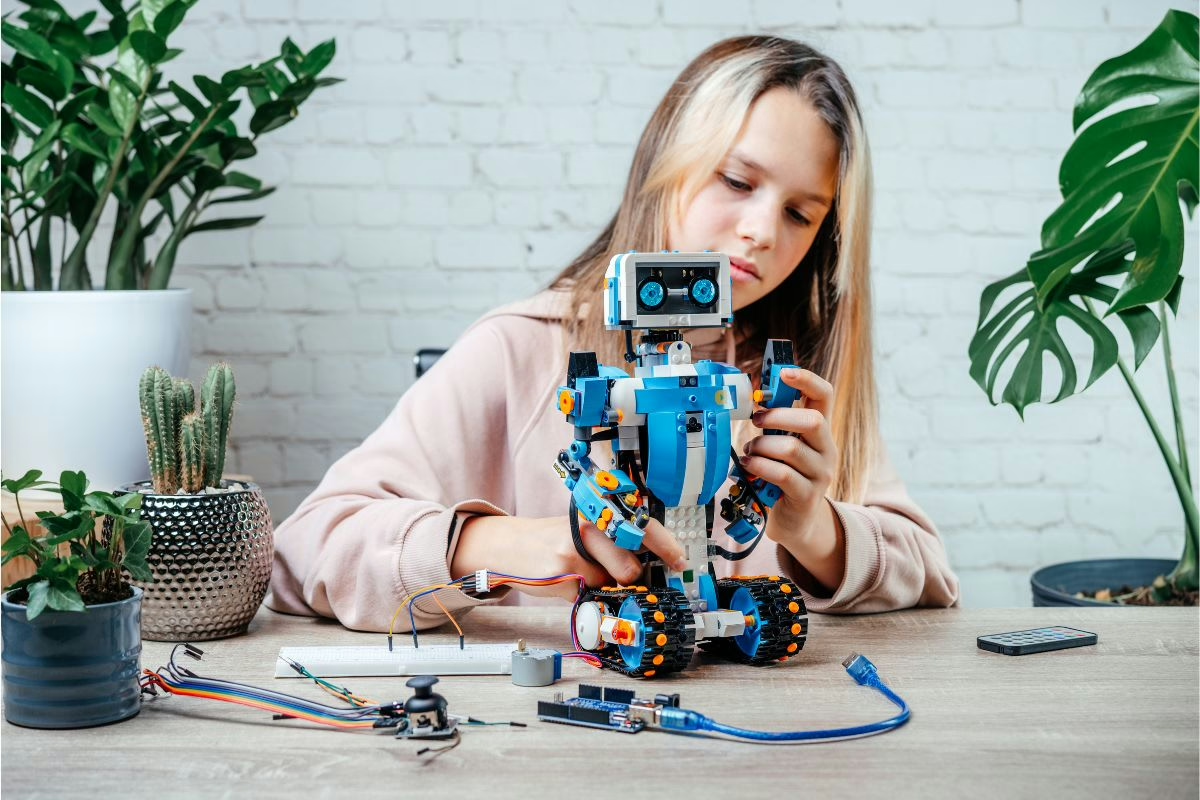
News
Associated Partners
Associated Partners are regional and local authorities, businesses, and citizens who participate and contribute to both the Ulysseus long-term mission and to our regional development and to shape the future of the European Higher Education. They are involved in the co-creation and design thinking processes, in the plans and structures and in the programs of activities of Ulysseus.
Discover the Associated Partners related to this innovation hub.
